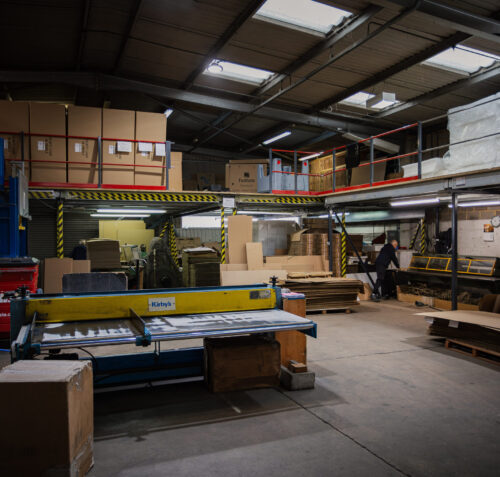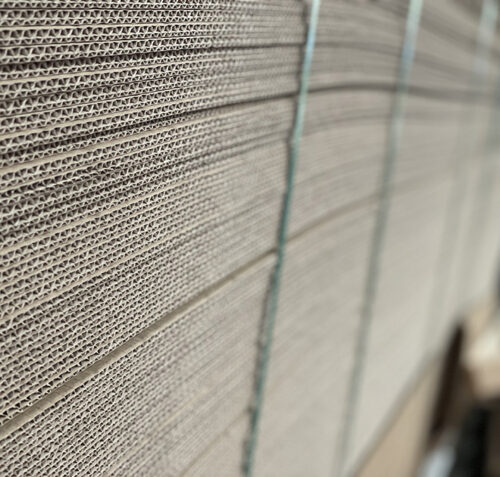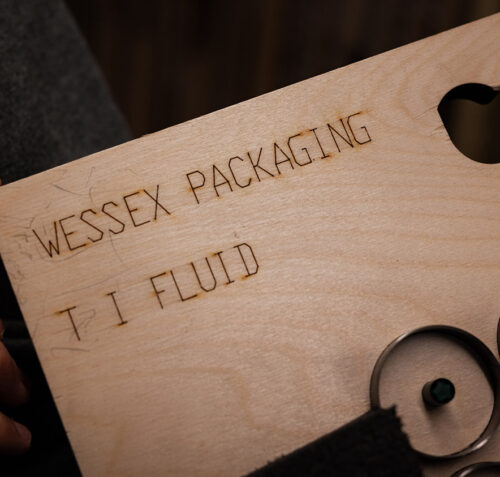Manufacturing stays, at its heart, the same
Society & industry move towards technology-led, data driven solution
Coming from the Latin manu factum, meaning made by hand, it’s this connection with the basic human impulse to create, which ensures the longevity of the sector. This doesn’t mean that manufacturing isn’t evolving – on the contrary, technology and data help ensure that manufacturing remains an industry powerhouse.
On an economic level, the industry impacts our economy greatly, not only with its knock-on effects on transport, R&D and construction, but also because of the wide range of workers it employs, across myriad demographics and socio-economic groups. And it’s not just within our own borders – manufacturing opens doors for foreign investment and trade; due to the fact that, in a world so heavily focused on intangible services, on the purchase of “knowledge”, many companies and individuals still crave physical products.
Moreover, manufacturing has history on its side. And it’s this difference, this “otherness” to modern financial and services sectors, which means that the manufacturing industry will persist as a mainstay of the UK economy. Contributing £6.7 trillion to the global economy, and making up 11% of the UK’s GVA (which is the first factor when calculating GDP), the industry’s immense contribution provides a reassuring level of self-sufficiency, and balances the services-led drive experienced in the last several decades.
Wessex Packaging has been front and centre in this paradoxical, ever-charging, ever-constant landscape since 1977, so they’re well-placed to learn from the past and predict, or at least plan for, the future. Indeed, despite the strength of the industry, owner Jim Amos believes that the sector as a whole can benefit from progression in technology and automation. Perhaps surprisingly, he doesn’t think these innovations are to be feared, because for these developments to have a meaningful impact they must be partnered with effective management, an efficient workforce and supported by detailed planning and organisation. Machines can do much, but human hands make the difference.




